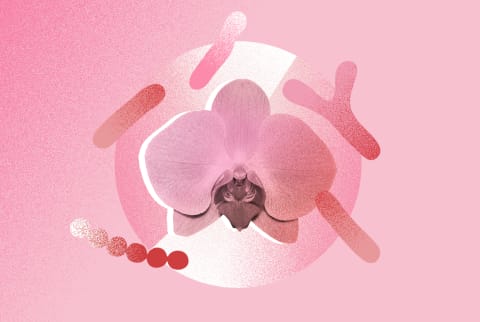Advertisement
Scientists Just Mapped The Vaginal Microbiome For The First Time


For the very first time, in a huge step for women's health, scientists have mapped the genes of the vaginal microbiome. They're calling the map VIRGO1, or the human vaginal nonredundant gene catalog, and the hope is that it will go on to help diagnose, and subsequently treat, vaginal diseases.
We already know microbiomes play an important role in disease, but with limited research into the microbiota of the vaginal microbiome, in particular, current treatments for specific things like vaginal infections and even STDs are lacking.
But hopefully not for long, thanks to the research team at LUCA Biologics, Seed Health, and the University of Maryland. Here's what they found.
Mapping the vaginal microbiome.
VIRGO is a result of the largest and longest studied data on the vaginal microbiome, taking place over more than 10 years and encompassing 200 women. Scientists have since used VIRGO to study more than 1,500 vaginal genomes, which is already leading to some fascinating discoveries.
Bacteria in the vagina, for example, is much more diverse than once thought, and women each have their own unique combo. They've also looked at what makes an optimal microbiome and found how each strain of bacteria influences it as a whole.
Jacques Ravel, Ph.D., lead researcher and cofounder of LUCA Biologics, "This finding is a paradigm-changing discovery, as it moves the field away from the idea that a single strain of Lactobacillus is responsible for an optimal microbiome."
Why does this matter?
Ultimately though, VIRGO is exciting because it gives health professionals a greater understanding of the vaginal microbiome, as well as how the microbiome can help or hurt things like bacterial vaginosis, STIs, and even preterm births.
After all, scientists are just now figuring out how different strains of bacteria interact within the vaginal microbiome. And on top of that, a different study only just figured out how men and women's immune systems are different—so, we're happy to see any new research that sheds more light on the specifics of female issues.
And with VIRGO offering a sort of "library" of brand-new information that has never been available before, we're excited to see what other discoveries are made as we learn more about how women can optimize their health.